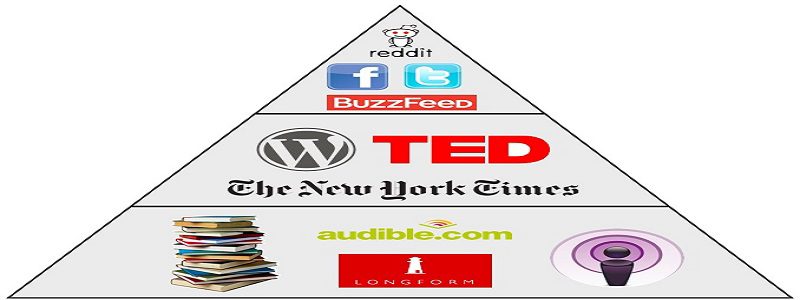“Why It’s Worth Listening to People You Disagree with”
There has been a growing movement in and out of academia, and among public thinkers (those on the circumference, let’s say, of the public intellectual set), at least since November, 2016, to try to address the deep political and social divisions in this country, to redress the widening gap that is caused by an ever-more suffusive tribalism separating groups of people and making debates and even civil conversations increasingly difficult. The Better Arguments Project, fostered by the Aspen Institute and led by writer Eric Liu, is one organization advancing this cause.
READ MORE
The SAT Essay: An Argument-Centered Strategy
Overview
Taking an argument-centered approach to preparing for and to writing the SAT Essay may seem like a no-brainer. After all, the prompt, which is always the same, asks you to explain how a passage’s author builds their argument, to analyze the rhetorical techniques that they use to persuade their audience. The prompt always suggests to consider the author’s use of evidence, reasoning, and stylistic elements in the passage. These are all features of course of argumentation. But since the prompt also tells you quite clearly not to make an argument about the topic of the passage (“Your essay should not explain whether you agree with the author’s claims . . .”), the form of writing you’re being asked to do is generally called rhetorical analysis and it is usually taught as something quite different than argumentation.
Thinking Outside the Bubble: How to Properly Balance Your Media Diet
by Andrew Brokos
The 2016 US presidential election prompted a lot of concern about “bubbles” and “echo chambers,” two metaphors for a media environment in which people are exposed primarily to opinions with which they already agree and have little exposure to opposing ideas or viewpoints.
At this point, it’s practically a cliché to say that democracies are healthiest when citizens routinely challenge their beliefs by engaging with perspectives that differ from their own. More than 150 years ago, John Stuart Mill recognized that, “He who knows only his own side of the case, knows little of that. His reasons may be good, and no one may have been able to refute them. But if he is equally unable to refute the reasons on the opposite side; if he does not so much as know what they are, he has no ground for preferring either opinion. The rational position for him would be suspension of judgment, and unless he contents himself with that, he is either led by authority, or adopts, like the generality of the world, the side to which he feels most inclination.”
The Great Inventors and the Great Inventions Debates
We have been working with our middle school partners’ social studies teachers on an argument-centered project that has students studying and making arguments about the great inventors and inventions of the 19th and 20th centuries. The project can be implemented in a middle school science and engineering unit, too. And with some additional researching and reading, it is appropriate for a 9th or 10th grade social science classroom. We have designed it to fit within one week of classes, so it is also a bit more compact than most classroom debate projects.
Integrating NWEA Preparation Organically, Using an Academic Vocabulary Log
There may be no more quietly disparaged term by teachers, in my experience, than “teaching to the test.” It doesn’t get openly stated most of the time, but it is a phrase in the air and in the back of minds at a whole lot of faculty gatherings, department meetings, and teacher-administrator conferences. It might do well to have the phrase come in from the out on the edges, though, since the ambiguity in exactly what is meant by it seems to keep people apart in professional discussions on assessment. “Test-prep factories,” where they exist, seem to clearly pummel and reduce education in worse than Gradgrindian fashion. If this is teaching to the test, it is educational regress, if not malpractice. On the other hand, good teaching practice has always included measurement of student learning on content and skills taught; a stalwart and widely well-regarded system like Grant Wiggins and Jay McTighe’s Understanding by Design guides teachers to backwards-plan units and lessons from assessments of academic objectives, a more professionally careful way of building in “teaching to the test.”






